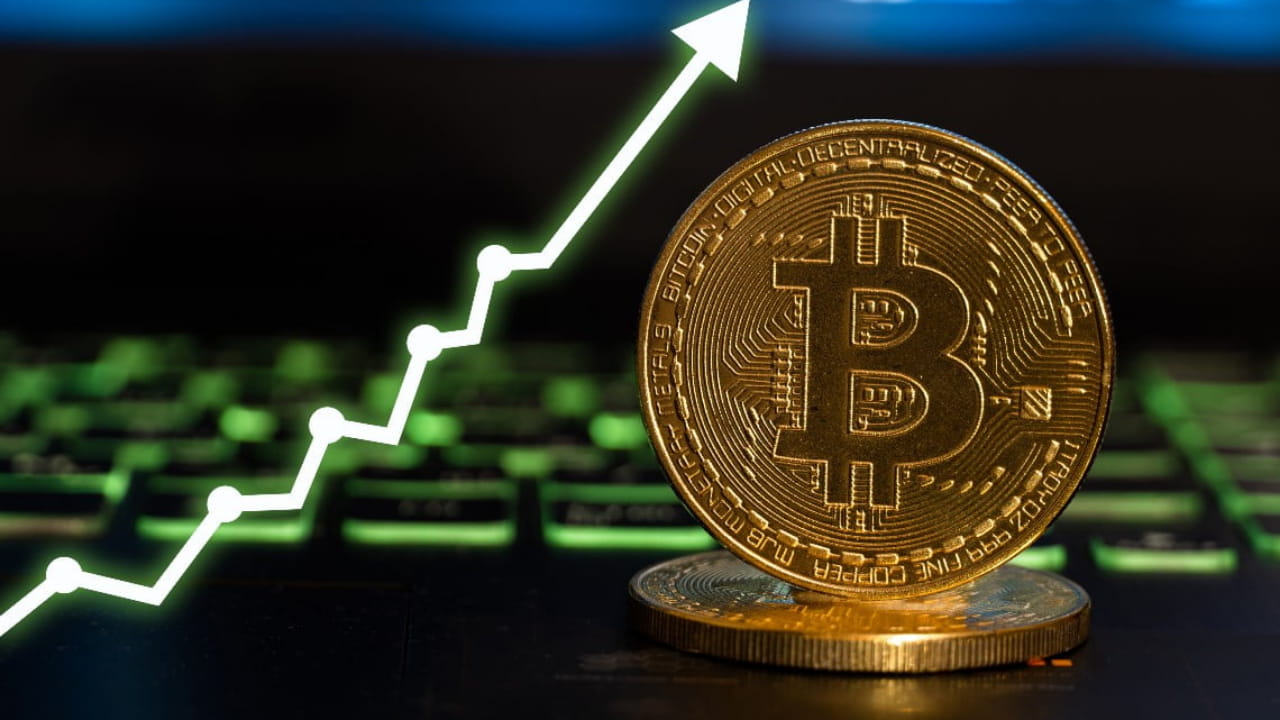It seemed like every month after the election—November and December—was rife with cryptocurrency price predictions this year. Some predicted that Bitcoin would hit $125,000 by the end of 2024, while others warned of a potential fall. After surpassing $90,000, the value of BTC was above $94,300 at around 2:10 pm ET on Monday, while the value of ETH was around $3,400. When Bitcoin’s price hit $108,000 on December 17th, it dropped nearly 12%. Bitcoin Targets, Ether was trading at over $4,000 on that day, but it has since fallen 15%.
Fed’s Views Impact Bitcoin
According to 21Shares research strategist Matt Mena, the Fed will become more aggressive in 2025. However, BTC, ETH, and other risk assets plummeted, depressing the market. He predicted two rate cuts next year instead of three. Mena stated that investors are moving from crypto assets to safer, more predictable returns, and the 10-year Treasury yield is at a six-month high.
Others are gaining a year, says Mena. Some sell lost-value assets to reduce capital gains and taxable income. This is tax-loss harvesting. He and other analysts think that Bitcoin’s “healthy” decline following a significant climb is expected. The 21Shares executive expects Bitcoin to increase further if it stays above $85,000. Bitcoin Targets and Selling could improve, and price reductions could occur without this.
Bitcoin Could Reach $110K, $150K
“Next major psychological price level to watch is $110,000,” Mena said. “If bitcoin overcomes this resistance, it could reach $120,000 quickly. It may reach $150,000 by summer as momentum builds.”YouHodler risk manager Sergei Gorev predicts cryptocurrency bearishness until 2025. He cited Bitcoin Target’s historical correlation with the M2 money supply decline.

Researchers say Bitcoin aims for $110,000, which might ignite a quick surge to $120,000. With current trends, Bitcoin could reach $150,000 by summer, say analysts. Bitcoin has recovered from recent volatility, supporting a market rally. People expect Bitcoin’s price to rise in 2025, but the crypto market is ugly. Technical analysis and historical trends suggest Bitcoin may advance if it holds support.
Crypto Trends 2025
In 2025, the bitcoin sector should grow even more after a decade of fast growth. Investors, regulators, and fans should monitor Bitcoin price swings and institutional interest. The future holds significant trends and insights. The market changes; thus, it’s crucial to predict how different variables will affect Bitcoin and Ethereum: institutional acceptance and more transparency.
Laws—Ethereum and Bitcoin target growth—will propel cryptocurrencies in 2025: smart contracts and decentralized money. Ethereum dominates, but Bitcoin may rise. Additional elements will promote blockchain’s growth and applications. Decentralized finance and NFTs boosted crypto acceptance.
Bright Crypto Future in 2025
Even though much is unknown, cryptocurrencies’ future in 2025 and beyond looks promising. Technological advances, institutional acceptance, and improved regulation should boost digital assets. The market will always be unpredictable, therefore beware of risks.
Cryptocurrency investors must follow news and trends to profit. The international monetary system will continue to favor digital assets. What with Bitcoin reaching $110,000 and Ethereum strengthening its blockchain ecosystem position? With the right strategies and a long-term vision, cryptocurrency investors can profit from this dynamic.
Summary
Bitcoin dropped 12% after briefly reaching $108,000, and Ethereum fell 15% due to tax loss harvesting and the Fed’s aggressive approach. Analysts blame safer investments for these downturns. However, Bitcoin target analysts expect price increases of $110,000–120,000—and possibly $150,000—by mid-2025. Bitcoin Targets, Institutional support is likely to drive this increase. Bitcoin’s price hit $108,000 on December 17th, and it dropped by nearly 12%. Ether was trading at over $4,000 on that day, but it has since fallen 15%.


